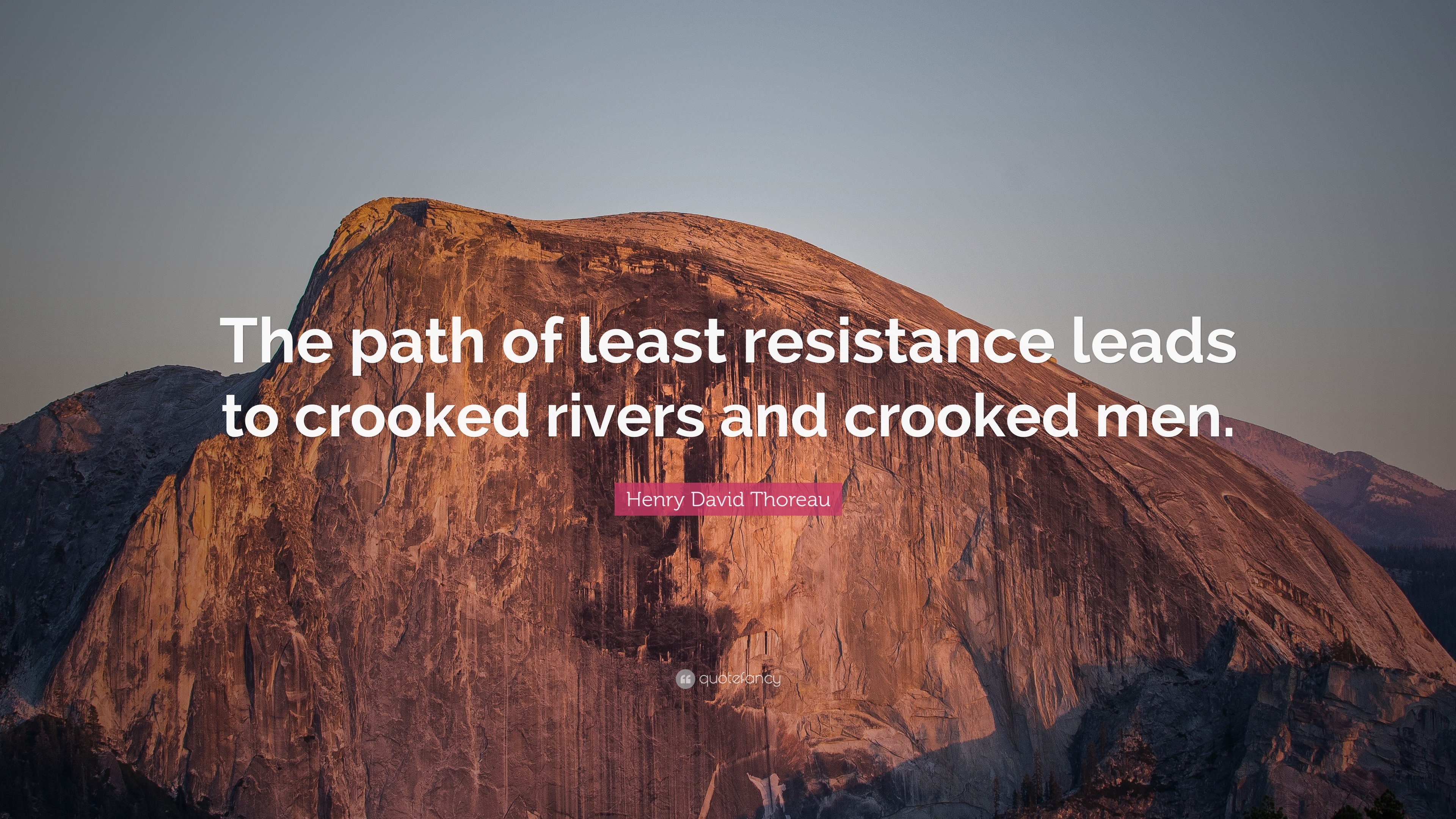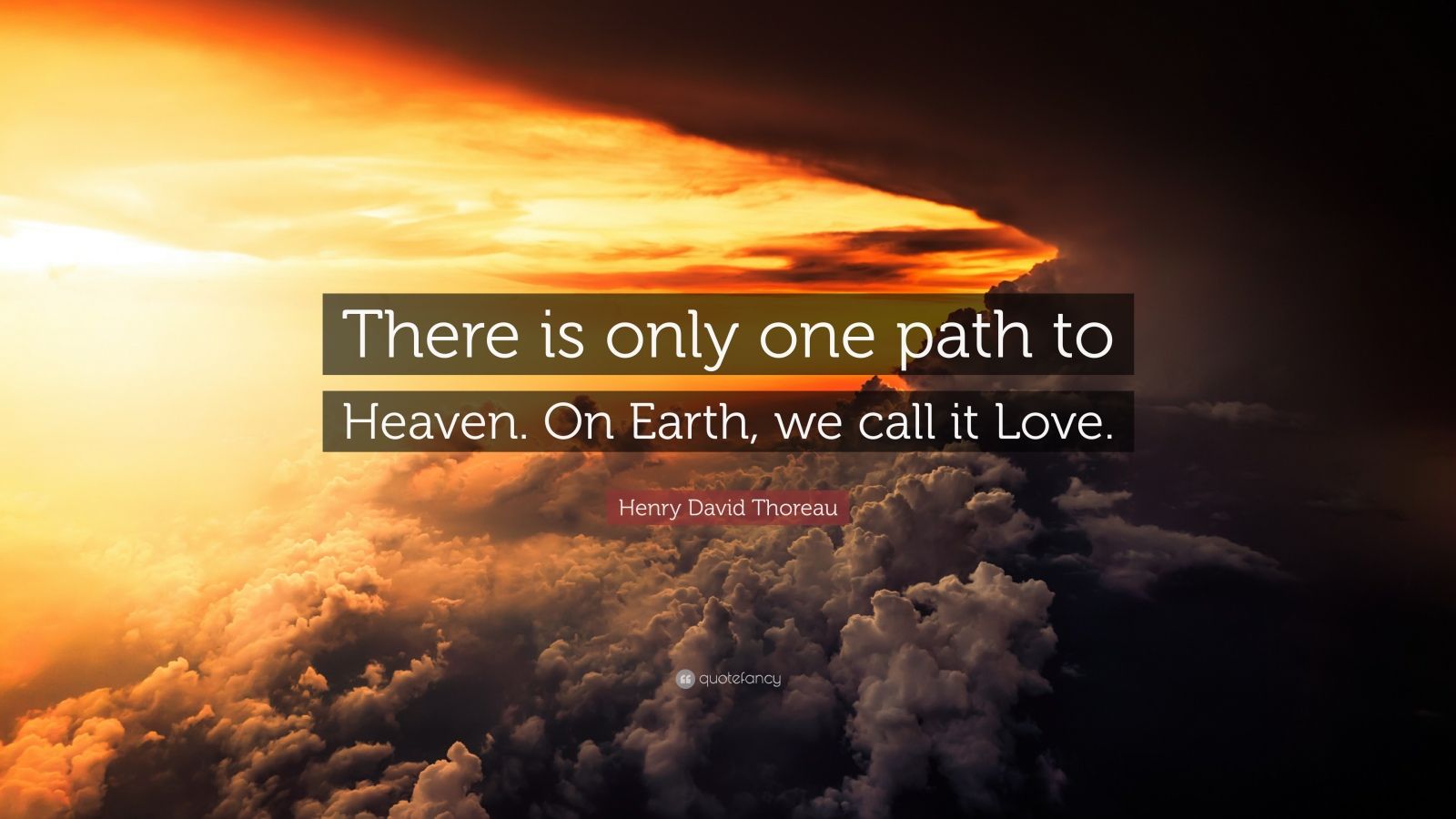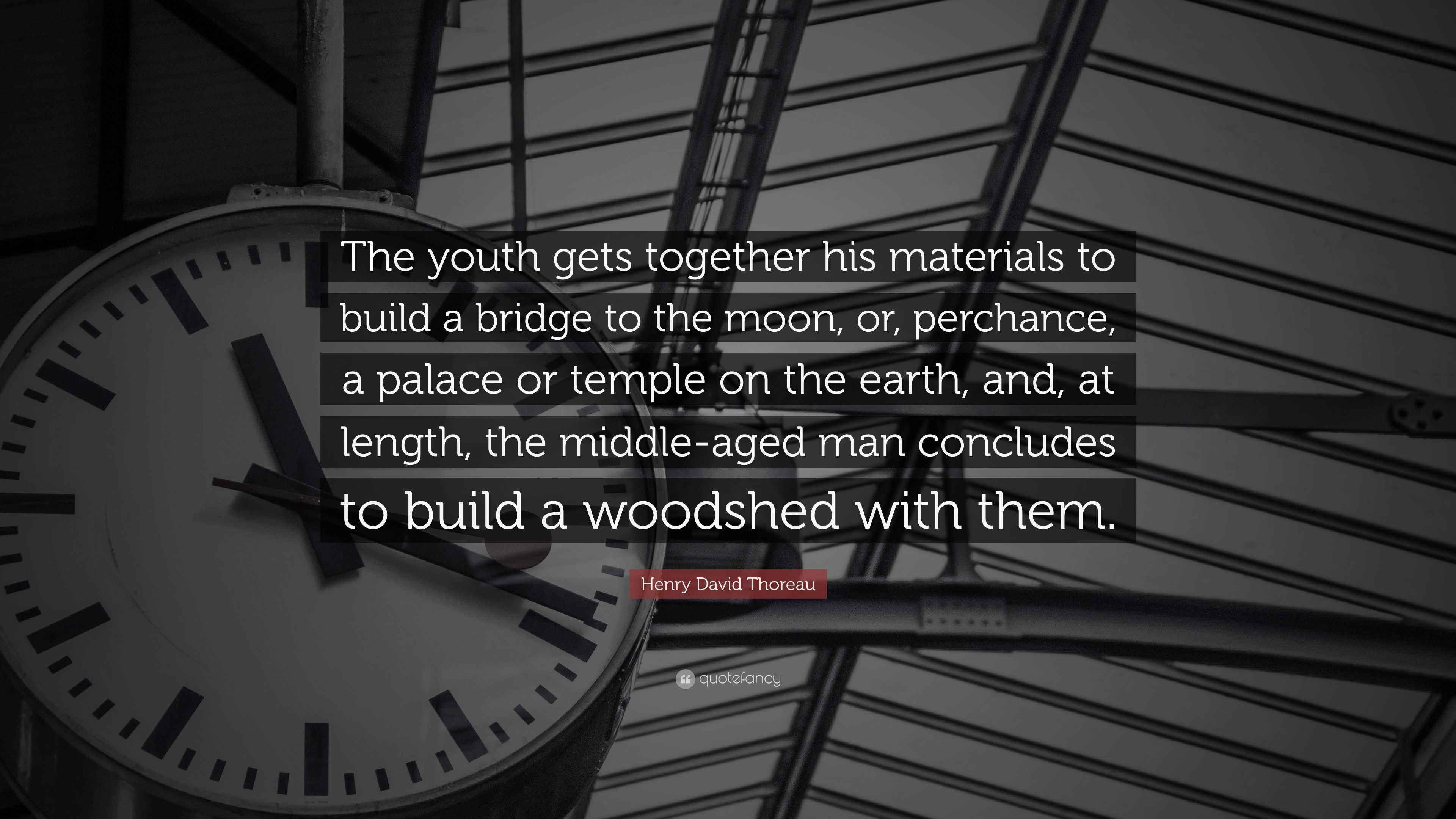

“('Sparrows') was a revelatory work in my own mind, and I felt I had much more freedom to look elsewhere for direction my music might be tonal, it might not be tonal,” he said. Trained as a guitarist, he had grown up in Chicago playing classical but also listening via crystal radio to broadcasts of blues music from the Black clubs of the South Side, where titans such as Howlin’ Wolf and Muddy Waters were in their prime.

After all, his own background was much more inclusive.

#HENRY DAVID THOREAU NUMEROLOGY LIFE PATH NUMBER SERIAL#
In 1980, he wrote a song cycle called "Sparrows" in which he moved away from the serial style that had dominated the academic musical world in the mid-20th century. These different aesthetics blend in his music to create a highly rhythmic, extravagantly colorful style that is at once far-reaching and immediately vivid. Schwantner’s style is an intriguing blend of the serial-music techniques he employed in his early works, and a tonal approach that emphasizes certain pitches rather than what theorists call functional harmony. In 2002, Schwantner was named to the prestigious American Academy of Arts and Letters. Lamb won a Grammy for his 2011 recording of the concerto with the Nashville Symphony. Schwantner said it has enjoyed more than 300 performances in concerts worldwide since its premiere. More recently, his Percussion Concerto, written in 1995 for Christopher Lamb, principal percussionist of the New York Philharmonic, has become a repertory piece. In 1979, he won the Pulitzer Prize for his orchestral piece "Aftertones of Infinity," and in 1982 wrote perhaps his best-known composition, New Morning for the World: “Daybreak of Freedom,” a work for narrator and orchestra featuring excerpts from speeches by Martin Luther King Jr. After studies at the American Conservatory and Northwestern University in Chicago, he embarked on a life of teaching and composing that took him to the faculties of the Eastman School, Juilliard and Yale. Schwanter, who turns 80 this month, has had a career of considerable success. “I like that aspect about him: A simple man who did extraordinary things in his life.” His life was about simplicity he avoided the trappings of success,” he said. “There’s a kind of simplicity in his writing. He also is drawn to Thoreau’s insistence on simplifying one’s life. Henry David Thoreau (1817-1862), in daguerrotype taken in 1856. The score of "Sojourn," a symphonic essay of about 17 minutes, is dotted with quotations from Thoreau, including one from the writer’s voluminous journal that gives the piece its title: “I don’t want to feel as if my life were a sojourn any longer. Joel Kassimir, a prominent New York dermatologist. Schwantner’s "Sojourn" was commissioned by Palm Beach resident Bonnie McElveen-Hunter, who was the U.S. Rounding out the program is a suite from Stravinsky’s "The Firebird," and an early "Adagio" by Anton Webern, in an arrangement by Schwarz. Also on the concert, led by the orchestra’s director, Gerard Schwarz, is the "Concerto in F" of George Gershwin, played by the eminent pianist Misha Dichter. Tuesday night, Schwantner’s newest piece will have its world premiere at the Kravis Center, when the Palm Beach Symphony performs his "Sojourn: Reflections on Thoreau" as the first of five works commissioned expressly for the orchestra from leading composers. I’ve thought about it a lot, and how it impacted my life and my music, and I think my work has improved.” “I was really drawn into that as a kid from the suburbs of Chicago, it was a new experience for me. You could go out in the night and look up at the stars, and see 10,000 stars,” Schwantner said of his initial move to the Granite State, where he and his wife Janet relocated to the little town of Spofford. “I was drawn to this quiet environment where I could do my work unimpeded by faculty meetings and all that. A native of Chicago, Schwantner left the academic life at Yale for the rustic rhythms of rural New England and has found in his transplanted home inspiration for his compositions. In his book "Walden," the 19th-century American transcendentalist writer Henry David Thoreau writes of the pure joy he felt simply sitting outside the tiny house he built for himself in the Massachusetts countryside, doing nothing but being one with nature.Ĭue Joseph Schwantner, the 20th- and 21st-century composer, who has lived in Keene, New Hampshire, for the past 20 years.


 0 kommentar(er)
0 kommentar(er)
